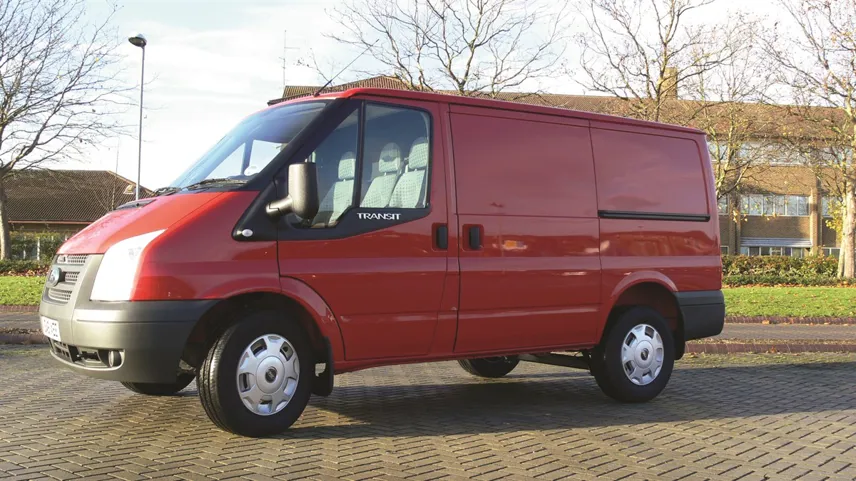Review
The arrival of a direct competitor to our long-term Ford Transit gave me an opportunity to put them head-to-head.
And Ford will be pleased to hear that after a good deal of head-scratching, number-crunching and general searching through press packs, the Transit Econetic stands up pretty well against this rival – the Vauxhall Vivaro Ecoflex.
Direct comparisons are often nigh on impossible between two vans. You have to weigh up standard specification on each vehicle against its price. And, as each has a list of options as long as your arm, it’s a difficult job. Then there is the comparison of different engine power, cargo volumes and payloads.
And, of course, what we can’t factor into the equation are any discounts you, the fleet buyer, may be able to negotiate.
But I think I’ve got it pretty much weighed up and our Transit comes out a clear winner.
Both vehicles weigh in at 2.8 tonnes gross vehicle weight but while Vivaro and Transit have the same payload (around 1,100kg), Transit beats Vivaro on load volume (6.5 cubic metres against 5.3). The Vauxhall offers 90bhp to the Transit’s 100bhp, but the price of the Vivaro at £19,100 undercuts the Transit at £19,445 (ex-VAT).
Turning to stan-dard specification, things start to get interesting.
Despite a slightly higher price, the Transit has electronic stability con-trol as standard which immediately puts it higher in my estimation. It’s a £400 option on the Vauxhall.
It’s a must-have accessory for any safety-conscious fleet operator and I don’t understand why manufacturers don’t all follow Ford’s lead and make it standard across the industry. It will be a legal requirement in Britain from October 2014, but apart from Ford, Mercedes-Benz, Volks-wagen and Iveco, all the other manufacturers charge for ESC on certain models.
The other item my Transit has that the Vivaro doesn’t is a standard stop-start device which cuts the engine when idling at traffic lights and roadworks. If you drive your vans round town, Ford reckons fuel savings of up to 16% are possible.
Other noticeable gaps in the Vivaro proposition include a passenger airbag and rear parking sensors. These are available as options at £250 and £200 respectively.
When it comes to fuel economy, the Transit notches up another win. The Vivaro’s official combined figure is 40.9mpg while the Transit returns 43.3mpg. It might not sound a lot on paper, but it equates to an extra 109 gallons of fuel over 80,000 miles. At current prices that’s an additional cost of £700 per van. The Transit’s CO2 figure is lower than the Vivavo’s too – 170g/km to 180g/km.
However, the Vivaro’s driver’s seat is more comfortable than the Transit’s and the Vivaro nudges ahead on general ride and handling.
The Vivaro has more space in the cab area generally, with noticeably more legroom.
So, while drivers may edge towards the Vivaro, if it’s figures alone you are crunching, the Transit wins hands down.
And talking of figures, our Transit’s fuel economy is gradually nudging up as the miles pile on and the engine loosens up. The official figure of 43.9mpg is still a little way off but we have managed to top 40mpg in the past month.
The van has been with us now for six months and so far we haven’t had to add a single drop of oil, a puff of air in the tyres or even a squirt of liquid in the radiator or windscreen washer bottle.
That’s not a bad tally in 6,000 miles of hard driving.
















